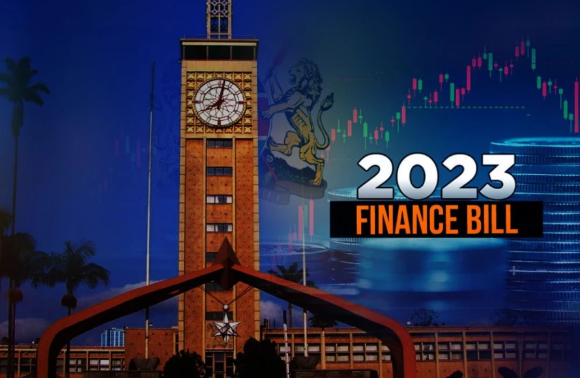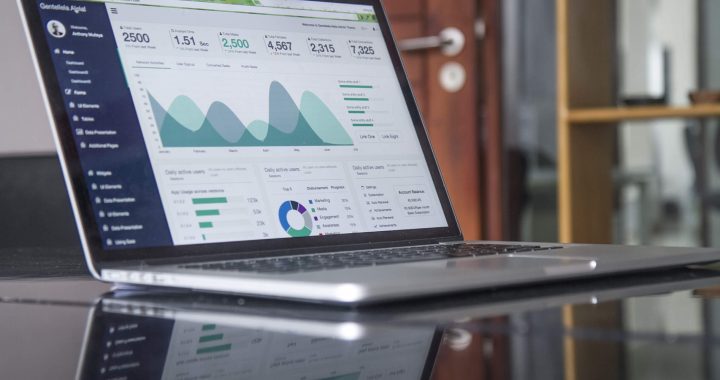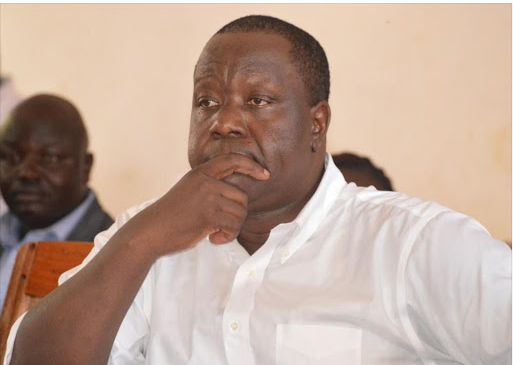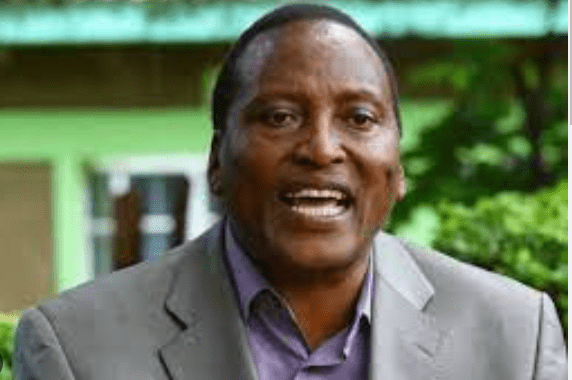Fuel Prices Hits Ksh.179 As Government Cancel Subsidies

Following the government’s elimination of the fuel subsidy, petrol prices have reached a new record high.
As a result, a litre of gasoline in Nairobi’s capital is anticipated to cost Ksh. 179.30, down from Ksh. 159.12, an increase of Ksh. 20 per litre from the most recent assessment on August 14.
This came when all gasoline subsidies were eliminated.
Diesel will cost Ksh. 165 starting on Thursday, up from Ksh. 140 in August, and a litre of kerosene will cost Ksh. 147.94, compared to Ksh. 127.94 previously.
Fuel and kerosene subsidies have been kept in part at Ksh.20.82 for diesel and Ksh.26.25 for kerosene.
The removal of the fuel subsidy, or the system for stabilizing the price of gasoline, which had previously protected Kenyans from rising fuel costs, has been the primary cause of the huge price increases.
The removal of food and gasoline subsidies, which the new president William Ruto described as being unsustainable for both consumers and the government’s financial operations, was announced on Tuesday.
President Ruto claims that the fuel subsidies have sucked up 144 billion shillings in taxpayer money, including 60 billion in the previous four months.
“If the subsidy continues to the end of the financial year, it will cost taxpayers Ksh.280 billion equivalent to the entire national government development budget. In addition to being very costly, consumption subsidy interventions are prone to abuse, distort markets and create uncertainty including artificial shortages of the very products they seek to subsidize,” he said.
“The interventions in place have not borne fruits. Our people are confronted daily with increasingly unaffordable prices, especially food and transport.”
On June 15, the Treasury on the recommendation of the International Monetary Fund and the World Bank announced plans to scale back the fuel subsidies on fiscal pressures created by funding the stabilization mechanism.
“The cost of the fuel subsidy could eventually surpass its allocation in the national budget, this potentially escalating public debt to unsustainable levels and disrupting government’s plans to reduce the rate of debt accumulation,” the exchequer stated in a public statement.
The fuel price increase on Wednesday is the biggest since the fuel subsidy program was put into place during the pricing cycle from March 15 to April 14 of last year.
By repaying a portion of the margins gained by oil marketing companies (OMCs) through revenue from the petroleum development levy (PDL) and other Treasury budget appropriations, the program has protected consumers from paying increased fuel prices.
However, the scheme has failed, with the government finding it difficult to pay the marketers, with unpaid arrears totaling more than Ksh.60 billion as of last month.
The subsidy covered margins of Ksh.54.91 for gasoline, Ksh.66.17 for diesel, and Ksh.74.17 for kerosene in the most recent pricing cycle ending on September 14.
The fuel subsidy had helped hold fuel prices unchanged in July and August on further Treasury allocations to the stabilization program.

 The Road to Victory: President Ruto’s Triumph in the August 2022 General Election
The Road to Victory: President Ruto’s Triumph in the August 2022 General Election  Finance Bill 2023- The Benefits
Finance Bill 2023- The Benefits  How Small Businesses Can Use AI to Increase Sales In Kenya
How Small Businesses Can Use AI to Increase Sales In Kenya  Not Today; Matiang’i’s Lawyer Says His Client Will Not Appear Before DCI Today
Not Today; Matiang’i’s Lawyer Says His Client Will Not Appear Before DCI Today  Senator Onyonka Urges President Ruto To Be Careful On How He Handles Matiang’i’s Case
Senator Onyonka Urges President Ruto To Be Careful On How He Handles Matiang’i’s Case  Form One Student Beaten To Death By Teachers Over Alleged Physics Exam Cheating
Form One Student Beaten To Death By Teachers Over Alleged Physics Exam Cheating